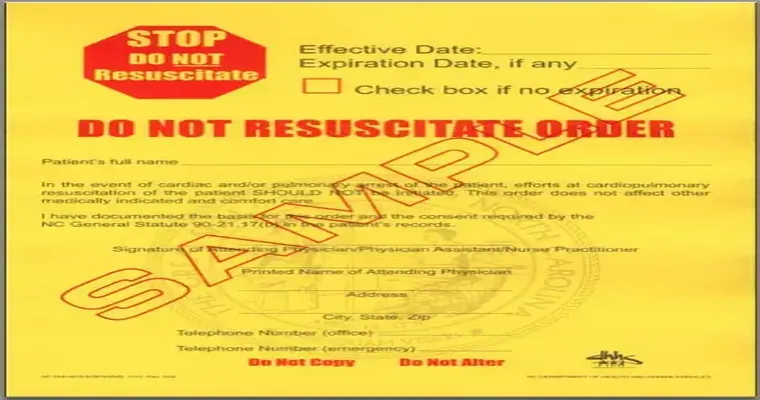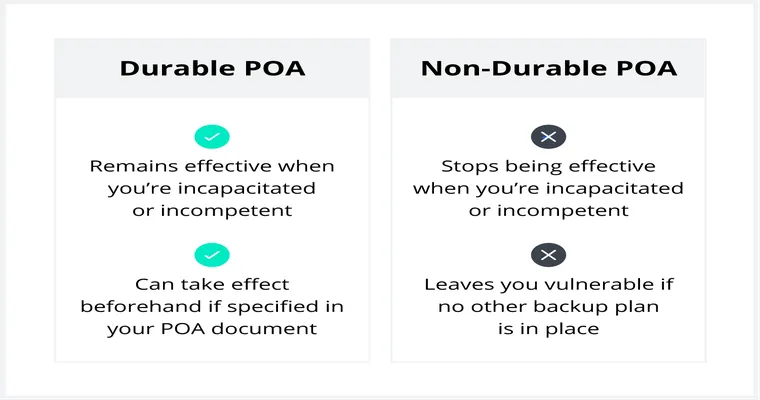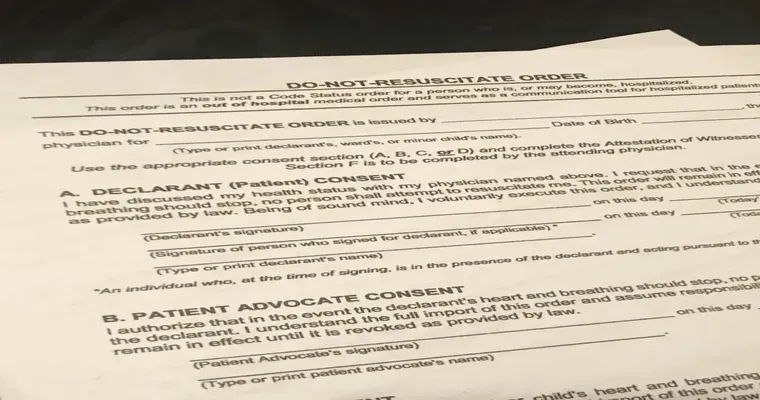If you have a "Do Not Resuscitate (DNR)" order from another state, you may wonder how it will be recognized and honored in your current location. Understanding the legal implications and healthcare policies surrounding "DNR orders" is crucial for ensuring that your wishes are respected, especially during medical emergencies. This article will explore the recognition of DNR orders across state lines, the steps you can take to ensure your wishes are known, and the potential challenges you may face.
DNR orders are legal documents that instruct healthcare providers not to perform CPR or other life-saving measures if your heart stops or you stop breathing. While many states have adopted similar laws and guidelines regarding DNR orders, there can be significant differences in how these orders are executed and recognized.
When you move to a new state or travel, it is important to determine if your existing DNR order will be accepted. Here are some key points to consider:
1. "State Laws and Regulations": Each state has its own laws regarding DNR orders. Some states have standardized forms that must be used, while others may accept orders from other states under certain conditions. It is essential to familiarize yourself with the specific laws in your new state to understand how your DNR order will be treated.
2. "Legal Recognition": In many cases, a DNR order from another state may be honored as long as it complies with the legal requirements of the new state. This often includes ensuring that the DNR order is signed by a licensed physician and that it clearly states your wishes. However, some states may require you to fill out their specific form or provide additional documentation.
3. "Communication with Healthcare Providers": To avoid confusion during a medical emergency, it is crucial to communicate your DNR status to your healthcare providers. Inform them of your existing DNR order and provide a copy of the document. This proactive approach can help ensure that your wishes are known and respected in critical situations.
4. "Consulting Legal Experts": If you have concerns about the validity of your DNR order in a different state, it may be wise to consult with a legal expert who specializes in healthcare law. They can provide guidance on how to ensure your DNR order remains effective and advise you on the best steps to take.
5. "Updating Your DNR Order": If you frequently travel or have moved to a new state, consider updating your DNR order to align with local regulations. This may involve completing a new DNR form that adheres to the legal requirements of your current state. While this may seem like an unnecessary step, it can provide peace of mind knowing that your wishes will be honored without question.
In conclusion, having a "DNR order from another state" can present challenges, but understanding the legal landscape can help you navigate these issues effectively. By staying informed about the laws in your new state, communicating with healthcare providers, and considering legal advice, you can ensure that your "end-of-life wishes" are respected no matter where you are. Remember, taking proactive steps to clarify your DNR status can alleviate stress for both you and your loved ones during challenging times.





